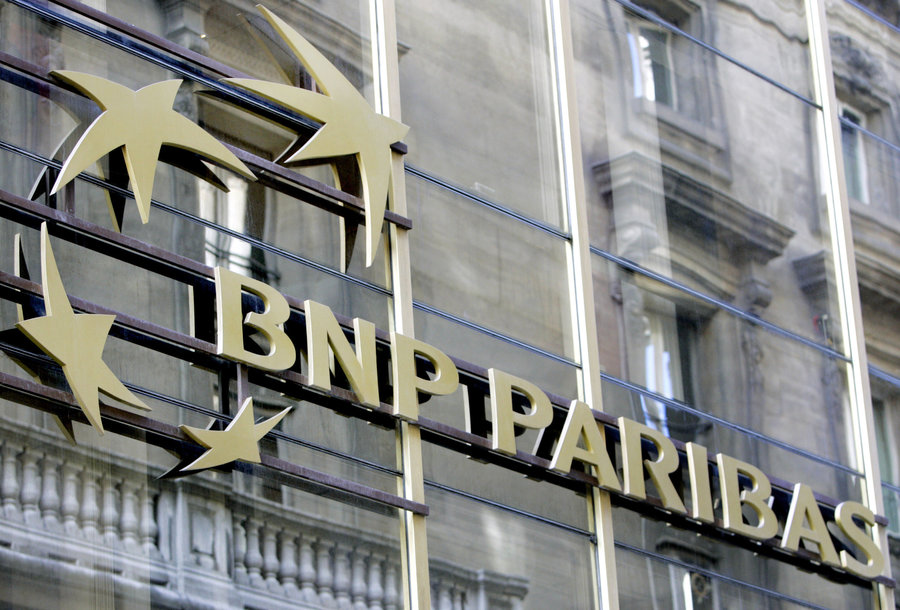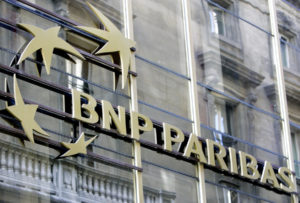A ten-year wedding anniversary is usually marked with gifts made of tin, supposed to represent the durability and flexibility of a devoted union. Sh
A ten-year wedding anniversary is usually marked with gifts made of tin, supposed to represent the durability and flexibility of a devoted union. Shareholders in European banks must wish they were so doted upon. In the decade since the global financial crisis, returns on equity for the continent’s lenders’ have improved from the appalling to merely pedestrian. An end to the euro zone’s negative interest rates would provide a better cause for celebration.
European banks are safer and more utility-like than ever. Since Aug. 9, 2007, when BNP Paribas signalled the arrival of credit crunch in Europe by closing redemptions to some of its funds, the industry has raised around 410 billion euros in equity, according to Thomson Reuters figures. Shareholders suffered accordingly: the total return for the Eurostoxx banks index over the period, including reinvested dividends, is minus 53 percent.
Lately, however, that trend has reversed. The Eurostoxx banks index is up more than 50 per cent over the past year, easily outperforming the iBoxx European bank bonds index. Partly this is down to valuation. Bonds trade near all-time highs while shares in large European banks have merely recovered to trade at around book value. Equity valuations have recovered thanks to a mixture of better earnings, improved economic growth, stronger balance sheets and a belief that investor cash calls are finally over.
Despite the headwind of negative interest rates, big European banks are generating an average return on equity of 9 percent – in line with their cost of capital – according to Breakingviews calculations.
If banks were able to re-price loans and stop losing money on surplus deposits stored at the European Central Bank, earnings would jump. Commerzbank estimates it would gain 275 million euros in annual net interest income – or 5 percent of its 2016 total – if the European Central Bank raised its deposit rate to zero.
Their chequered past means that bank equities trade at 10 times estimated 2019 earnings. That’s cheap relative to other sectors such as utilities. If the ECB winds down its loose monetary policy, shareholders would finally have a reason to cheer.
breakingviews.com


